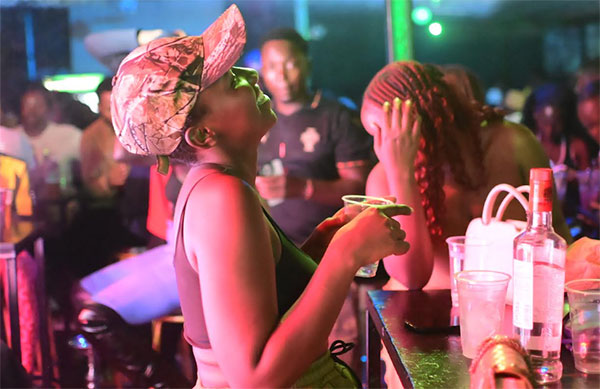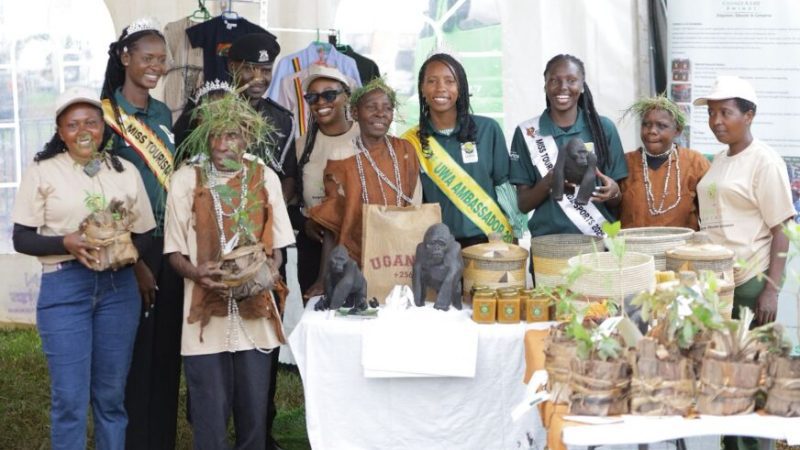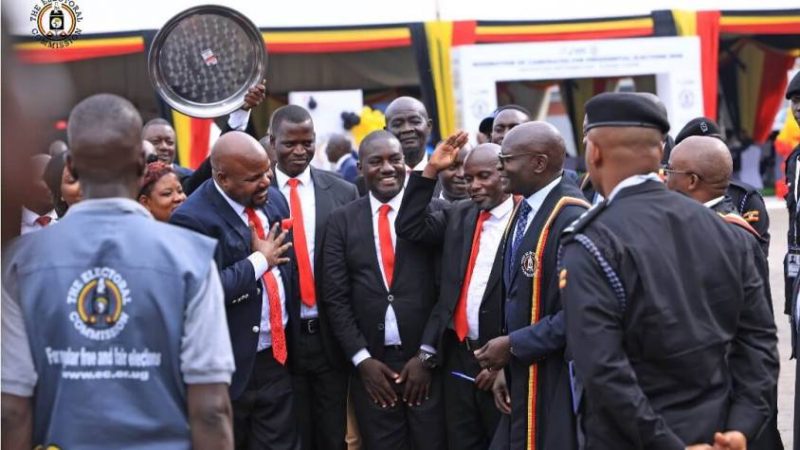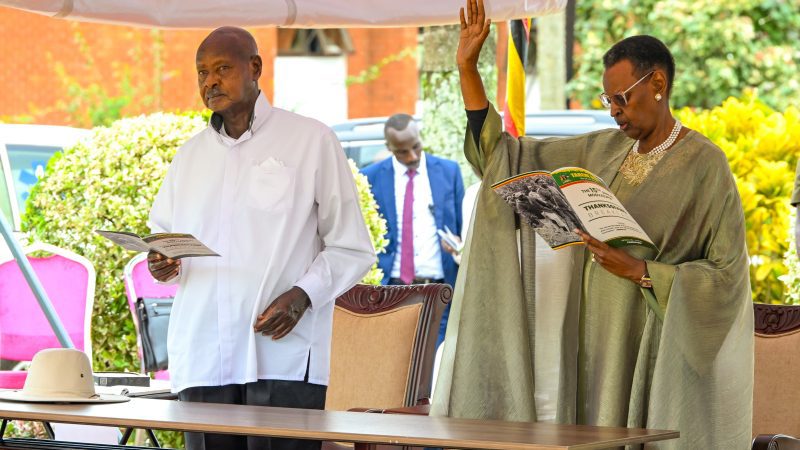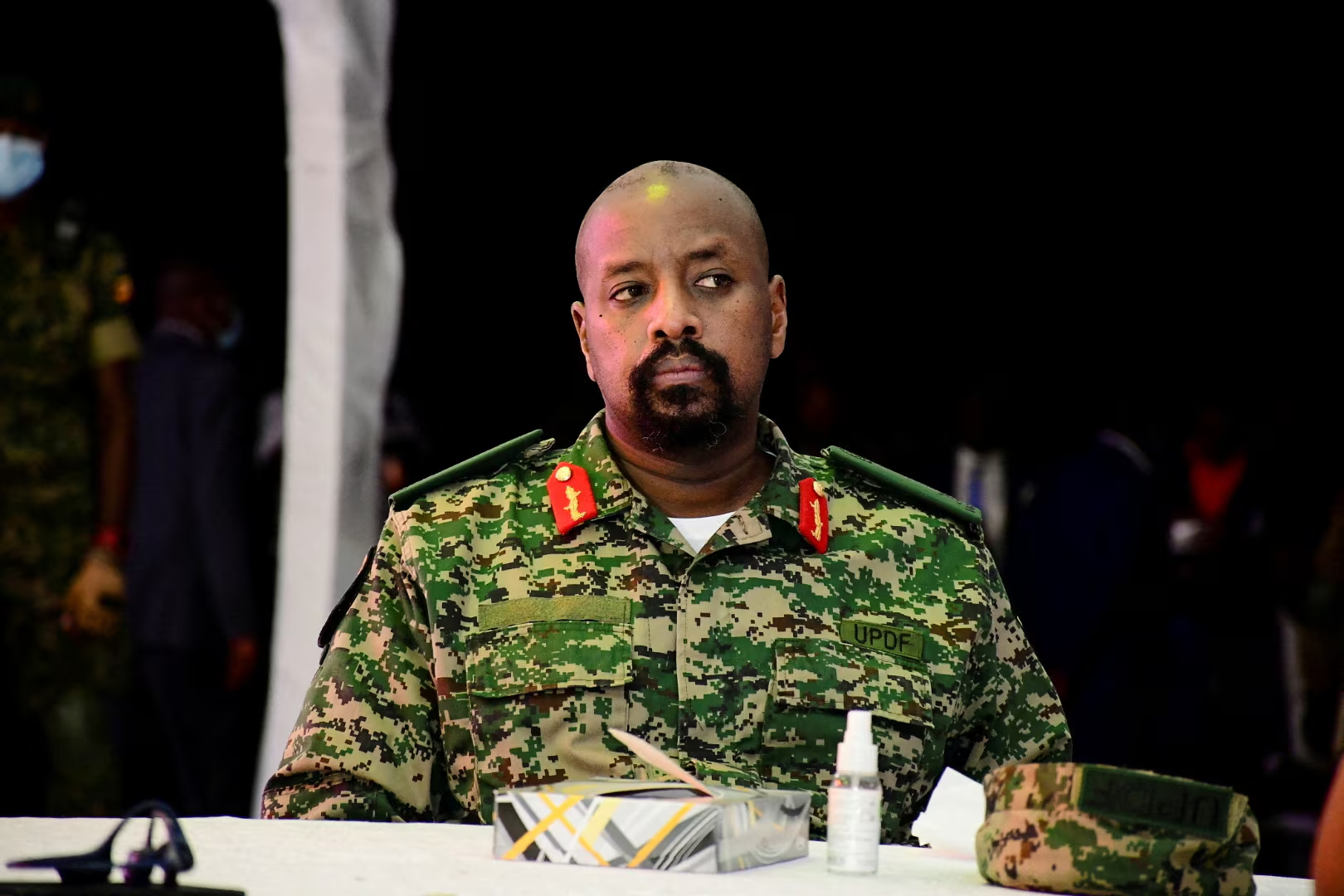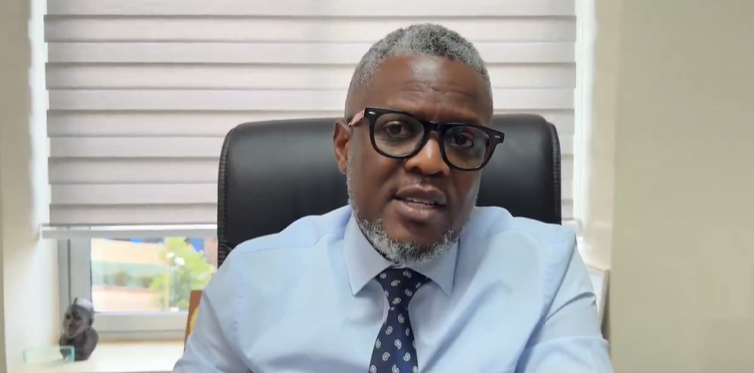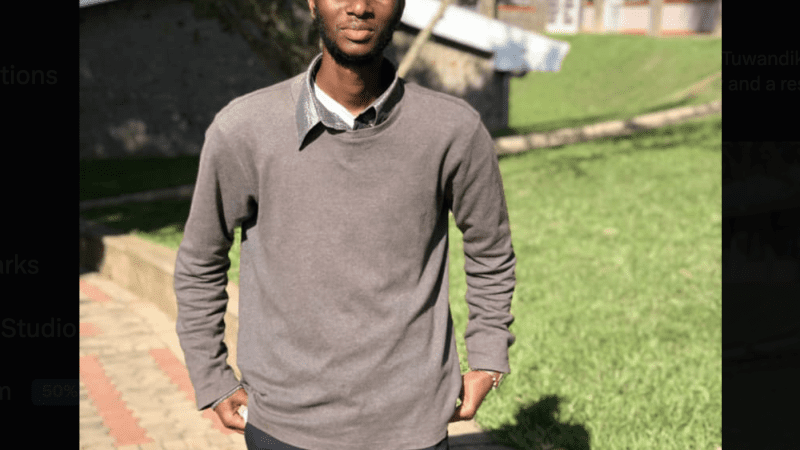The Uganda political landscape has been rocked by a series of threats from General Muhoozi Kainerugaba, the son of President Yoweri Museveni and the head of the Ugandan military, directed at opposition leader Robert Kyagulanyi, widely known as Bobi Wine. These threats have escalated into what appears to be an order for Bobi Wine’s arrest, stirring significant unrest and debate both within Uganda and on the international stage.
Muhoozi’s actions have been marked by aggressive rhetoric on social media platforms, where he has not shied away from making bold, often controversial statements. According to posts found on X, the general has threatened to “behead” Bobi Wine, a claim that has been met with both shock and condemnation.
The threats against Bobi Wine do not appear in isolation but are part of a broader pattern where Muhoozi has used his position not only to engage in military affairs but also to directly impact political discourse. His tweets have previously included comments about national politics, international relations, and even threats against neighboring countries, showcasing a pattern of behavior that critics argue oversteps the bounds of his military role into the political sphere.
The recent order for Bobi Wine’s arrest labels him a “rebel leader,” an accusation that underscores the government’s view of opposition as subversive. This move is part of a long history of “preventative arrests” used by Ugandan authorities against opposition figures, often under the guise of maintaining public order or addressing security threats. These arrests are typically short-lived, with individuals being detained for hours before being returned to their homes, a tactic used to prevent mass gatherings or protests.
Bobi Wine has responded to these threats with defiance, publicly stating his refusal to be intimidated by what he describes as a “cowardly regime.” His resilience is supported by a significant following both domestically and internationally, with many viewing these threats and the subsequent arrest orders as stark indicators of the lengths to which the incumbent government will go to maintain power.
The international community has taken notice, with human rights organizations and various governments expressing concern over the potential for violence and the suppression of political freedoms in Uganda. The use of such aggressive language by a high-ranking military official like Muhoozi raises questions about the separation between military and political roles in Uganda, and whether the country is moving towards a more militarized political landscape.
This situation also highlights the complex dynamics between Bobi Wine and Muhoozi, with the latter’s actions possibly driven by a mix of personal ambitions and the perceived threat of a rising political adversary. Bobi Wine’s strategy has been to leverage social media and public support to counteract these threats, rallying his party members and supporters to defend him online, indicating a modern battlefront where narratives are shaped and power is contested.
As Uganda approaches another election cycle, the actions of Gen. Muhoozi and the response from Bobi Wine are likely to influence the political atmosphere, potentially setting the stage for either further conflict or a push towards greater political dialogue and reform. The world watches as Uganda navigates these turbulent waters, with the hope that democracy and human rights prevail over intimidation and suppression.



